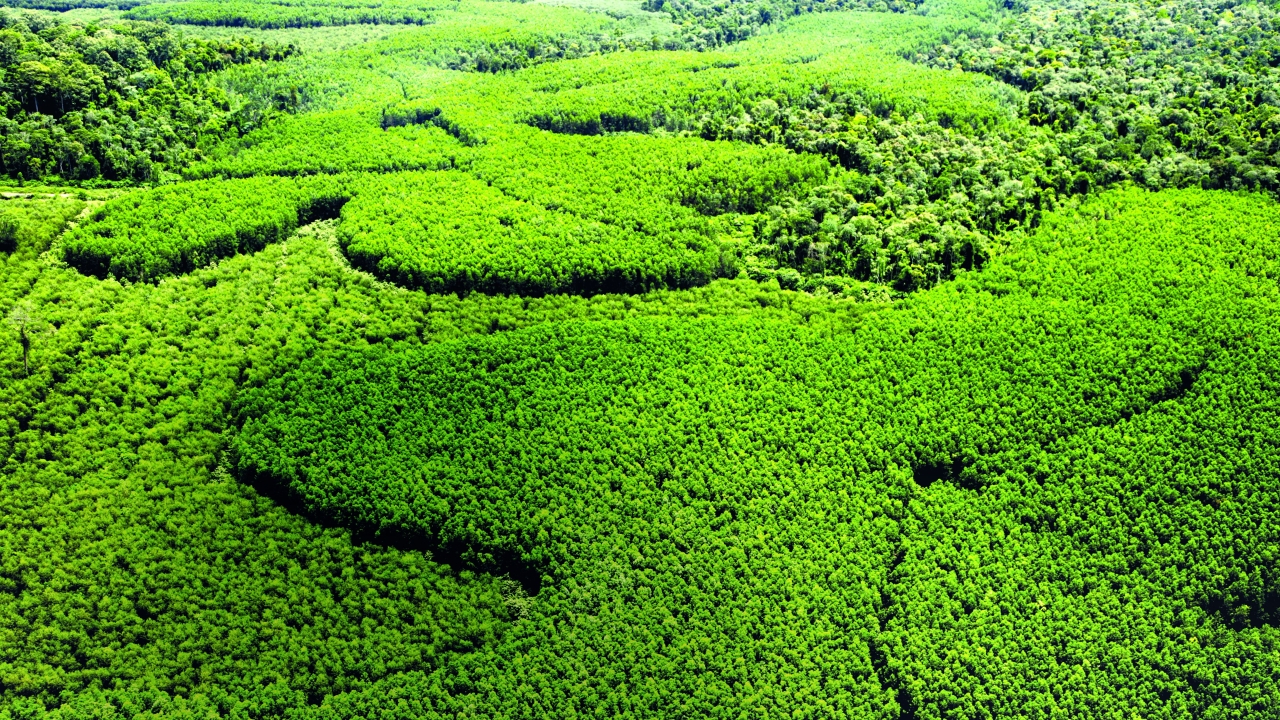APP drives sustainable landscape approach to paper sourcing
Asia Pulp & Paper (APP) and IDH Sustainable Trade hosted the High Level Stakeholders Forum for Sustainable Landscape Approach today. Stakeholders including representatives from the Indonesian Ministry of Environment and Forestry, the South Sumatra Government, partner countries, communities, NGOs and the private sector are meeting to develop a multi-stakeholder approach to responsible landscape management.

Within this multi-stakeholder model, the South Sumatran Government has divided its region into three landscapes to be addressed accordingly: peat and mangrove; water catchment; and dry and lowland areas. At today’s forum, APP will presented its initiative to develop peatland management best practice as an example in taking an integrated approach to help tackle deforestation and reducing GHGs, while supporting local communities.
APP continues to investigate opportunities for restoring 150 million hectares of the world’s degraded and deforested land by 2020 with South Sumatra named as a priority on the international restoration agenda. The Indonesian Government made a commitment at the 2009 G20 Summit in Pittsburgh, Pennsylvania, USA to cut GHG emissions by 26 percent through the nation’s own efforts, or by 41 percent with international co-operation by 2020.
Now in the third year of implementing its Forest Conservation Policy (FCP), and having recently published its FCP Implementation Plan: 2015 and Beyond that followed the independent evaluation of the policy by Rainforest Alliance, APP is in the midst of a two-year, multimillion dollar project with independent researchers Deltares to establish best practice in peat management. The project, involving the detailed 3D scanning of 4.5 million hectares of Sumatran peatland using innovative LiDAR technology marks the first project of this scale to be introduced anywhere in the world.
Relevant data has already been mapped regarding High Conservation Value (HCV) and High Carbon Stock (HCS) concession areas, as well as community mapping and charting of neighbouring concessions. This work is crucial in defining the landscape and contributing to clearer spatial planning in the region, allowing stakeholders in the area to understand the boundaries they are operating within.
Aida Greenbury, APP’s managing director of Sustainability and Stakeholder Engagement, said: ‘We are well aware of our commitment to preserve this landscape for the future. We have long championed the multi-stakeholder approach in order to achieve true, lasting change in forest conservation. We cannot approach the problem of climate change in isolation. We need to consider the viability, responsible management and the sustainability of the entire landscape, and encourage all interested parties to be involved in finding a solution. To do this we must develop effective, clear mechanisms for stakeholders to engage with the issue, to understand the roles and responsibility in managing the landscape – from the businesses who oversee the concessions to governments and policy makers addressing climate change, and the communities and NGOs on the ground.’
Alex Noerdin, governor of South Sumatra added: ‘Deforestation and forest degradation are the focus and responsibility of the global community, as the effects of environmental damage transcend regions and countries. This is why we are developing a vision that includes all stakeholders through an integrated approach on forest and land management for sustainable development. It is an ambitious undertaking, but we are aware it is the only way to achieve harmony between environmental protection, economic development, and social welfare in one landscape.’
Read more about APP's development of zero deforestation tactics here.
Stay up to date
Subscribe to the free Label News newsletter and receive the latest content every week. We'll never share your email address.

